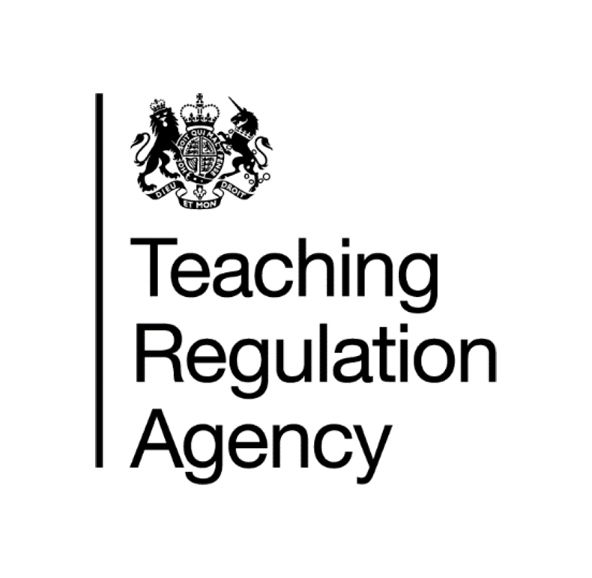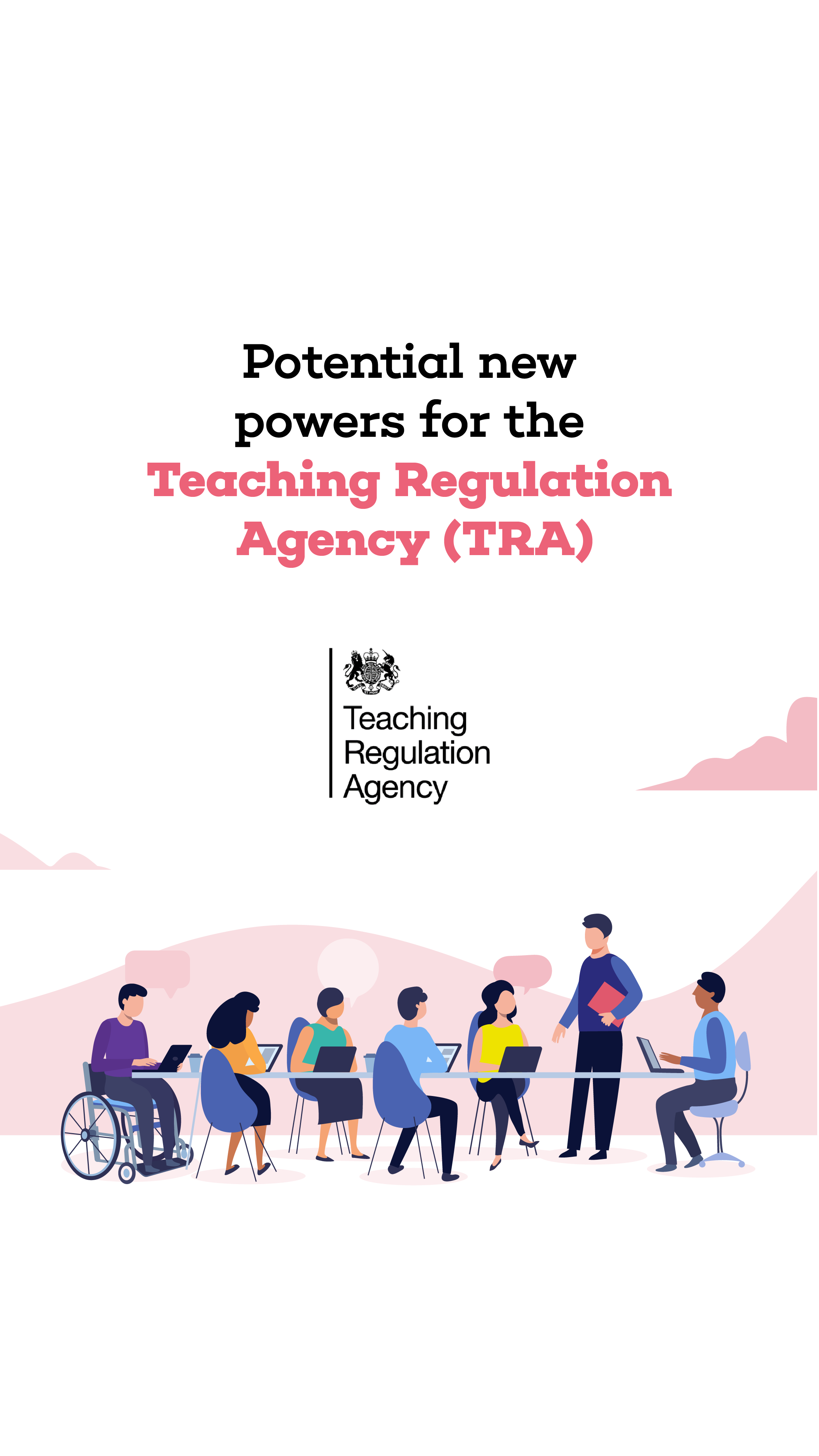Potential new powers for the
Teaching Regulation Agency (TRA)




PAULA PORTER
SOLICITOR AND NAHT DIRECTOR OF REPRESENTATION AND ADVICE
Solicitor and NAHT director of representation and advice Paula Porter looks at the proposed changes to how the TRA investigates teachers for serious misconduct.
Most teachers and senior leaders have only ever seen reference to the Teaching Regulation Agency (TRA) in policy documents. But each year, many have to consider whether to refer a colleague to it after a finding of gross misconduct, and a few become more closely involved in its proceedings – as a witness or as the subject of a hearing.
Although little known, the TRA is one of the most important organisations in the field of education, with wide-ranging responsibilities to set the standards and guard the teaching profession's reputation. Earlier this year, the Department for Education (DfE) consulted on a number of proposed changes to increase the TRA’s powers even further.
NAHT's VIEW
The rationale for all three changes is clear – but at a time when the TRA is already suffering from huge backlogs, NAHT is concerned it’s not sufficiently resourced to deal with a potentially large increase in responsibilities.
The TRA’s decision-making is also poor, with teachers and school leaders frequently facing hearings in relation to relatively low-level misconduct or very weak evidence. If the TRA’s powers are to be increased, the regulator needs urgently to improve its staffing and decision-making to ensure it isn’t overwhelmed with inappropriate cases, that it can better manage the (often weak) performance of its external lawyers and that teachers aren’t left unfairly in limbo for years waiting for its investigations to conclude.



NAHT's VIEW
The rationale for all three changes is clear – but at a time when the TRA is already suffering from huge backlogs, NAHT is concerned it’s not sufficiently resourced to deal with a potentially large increase in responsibilities.
The TRA’s decision-making is also poor, with teachers and school leaders frequently facing hearings in relation to relatively low-level misconduct or very weak evidence. If the TRA’s powers are to be increased, the regulator needs urgently to improve its staffing and decision-making to ensure it isn’t overwhelmed with inappropriate cases, that it can better manage the (often weak) performance of its external lawyers and that teachers aren’t left unfairly in limbo for years waiting for its investigations to conclude.



